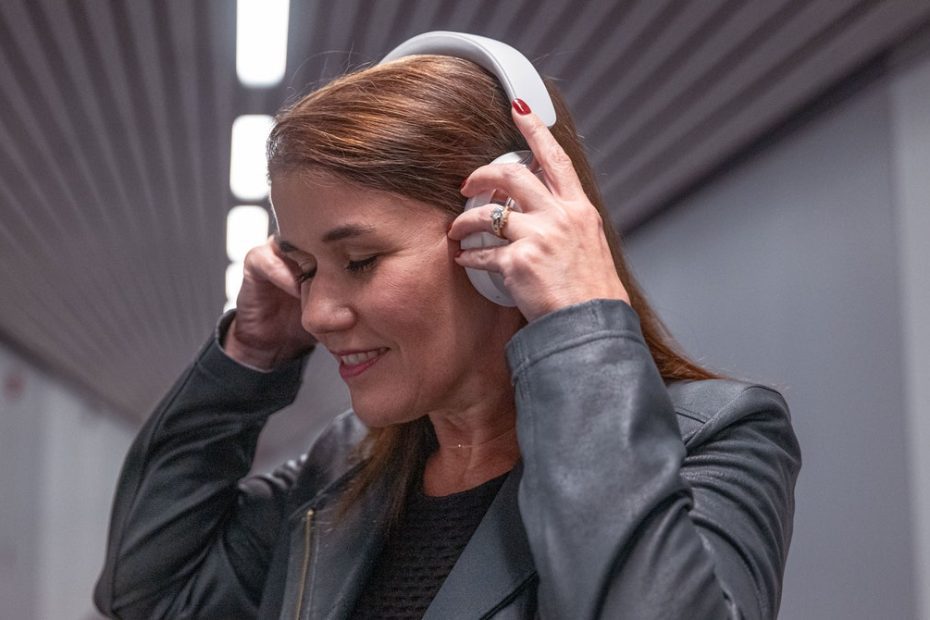The company has always had premium prices, but in certain categories its products haven't always matched the brand's prestige: 2010 attempts at noise-cancelling earbuds were bulky, sounded mediocre, and had poor battery life; and it also sold a line of overpriced Bluetooth speakers with screens that no one needed.
When physical storefronts didn't have the billboard-like effect Bose wanted, just before Snyder joined, the brand decided to dramatically pivot — a word that can so often be replaced with “panic” — to a strategy that focused on online sales and enhancing exhibits in existing storefronts such as Best Buy in the United States.
This seismic shift meant that all Bose stores in the US, Europe, Australia and Japan had to close their doors, resulting in 119 store closures and hundreds of layoffs worldwide. So far, the company says that shift to online and store retail under Snyder's leadership has been successful, but it could have gone the other way.
Brands like Nike, which have turned away from brand-owned stores, have seen a decline in sales, but the key difference lies in Bose's decision to focus on retail partners. By amplifying exhibits at places like Best Buy and other stores, and focusing on selling on Amazon and other online retailers in addition to its own website, Bose has been able to maintain a broad reach without keeping the retail overhead in-house . According to Snyder, this pared-down approach has been effective in restoring Bose's fortunes, especially when combined with excellent new products.
Excluding audio
As a technology company focused entirely on audio products, Snyder says research is the secret sauce at Bose. Engineers are constantly seeking innovation in materials, acoustics, design, manufacturing and more. For example, when asked about recent innovations in solid-state driver technology, she isn't shy about its prodigious market research.
“The interesting thing about Bose is that we've been an audio company for 60 years,” Synder says. “We know we will be in competitive markets. We have always been in competitive markets, whether in headphones, at home or in the car. What makes us different is that it's all about audio. You can be sure we experiment with everything. When we think something is ready, we bring it forward. We are always looking for technology that can change the game.”
This is especially evident when it comes to noise cancellation, which the brand pioneered for pilots – a market that Snyder says Bose is proud to remain dominant in – rather than people in the main cabin of the plane.
Using the pros
By researching what pilots needed to operate safely and comfortably in the cockpit, and continually asking them for improvements and ideas, Bose was able to develop and instill the best noise-cancelling algorithms WIRED has ever tested. That makes sense, as the latest generation of Bose Quietcomfort over-ears and earbuds offer true professional aviation technology.
Snyder says the brand uses professionals, or semi-pros in the case of its PA equipment for musicians in small venues, not only to improve its products but also to market to people interested in high-quality audio. “They are a professional musician. They have a great ear. They know what great sound sounds like. Those products create a kind of halo.”

